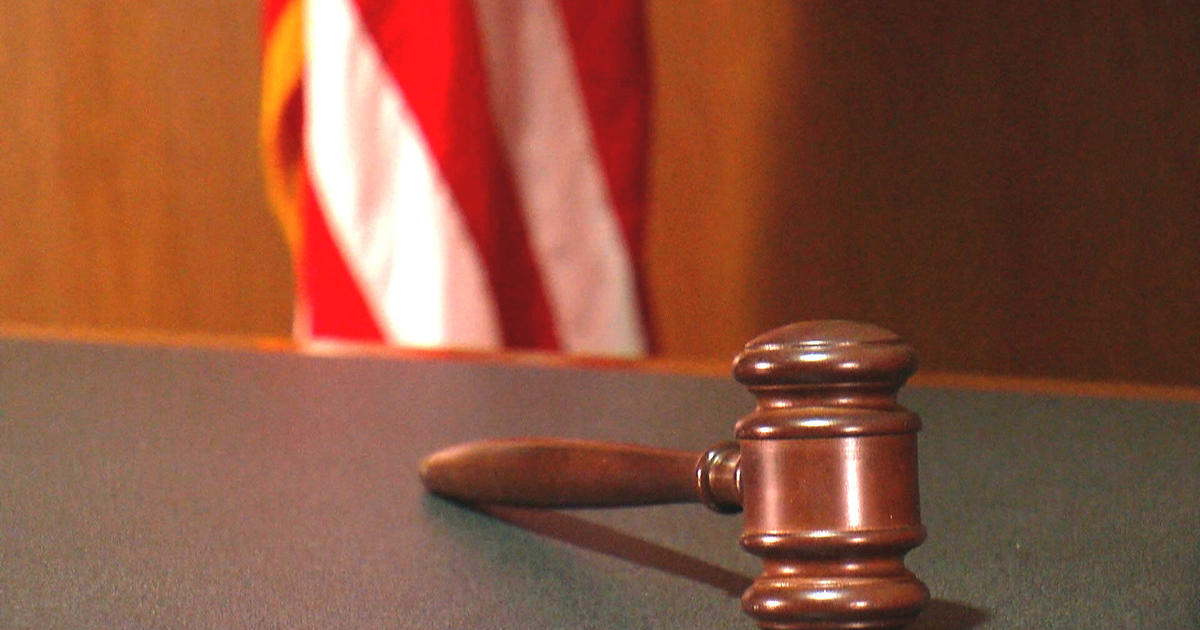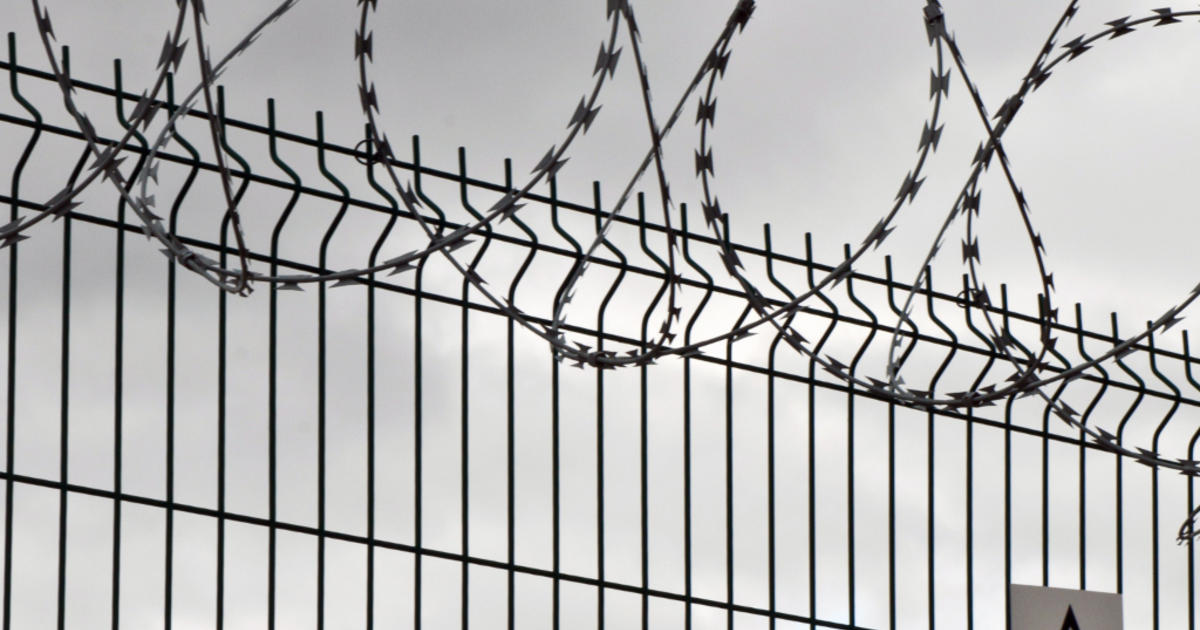Charles Lieber, ex-Harvard professor, avoids prison time for lying about China ties
BOSTON — A former Harvard University professor convicted of lying to federal investigators about his ties to a Chinese-run science recruitment program and failing to pay taxes on payments from a Chinese university was sentenced Wednesday to supervised release and ordered to pay more than $83,000 in restitution and fines.
Charles Lieber, 64, the former chair of Harvard's department of chemistry and chemical biology, was convicted in December 2021 of two counts of filing false tax returns, two counts of making false statements and two counts of failing to file reports for a foreign bank account in China.
Lieber was sentenced to time served — the two days he spent in jail after his arrest — two years of supervised release — the first six months in home confinement — a $50,000 fine and $33,600 in restitution to the IRS, which has already been paid.
Prosecutors in court documents had recommended three months in prison, a year of probation, a $150,000 fine and restitution to the Internal Revenue Service of $33,600.
Lieber's attorneys had asked that their client, who no longer works at Harvard and has a form of incurable blood cancer, be spared prison time and get a probationary sentence or home confinement instead.
Prosecutors said Lieber knowingly hid his involvement in China's Thousand Talents Plan — a program designed to recruit people with knowledge of foreign technology and intellectual property to China — to protect his career and reputation.
Lieber denied his involvement during questioning from U.S. authorities, including the National Institutes of Health, which had provided him with millions of dollars in research funding, prosecutors said.
Lieber also concealed his income from the Chinese program on his U.S. tax returns, including $50,000 a month from the Wuhan University of Technology, some of which was paid to him in $100 bills in brown paper packaging, according to prosecutors.
In exchange, they say, Lieber agreed to publish articles, organize international conferences and apply for patents on behalf of the Chinese university.
Lieber's case was one of the most notable to come out of the U.S. Department of Justice's China Initiative, started during the Trump administration in 2018 to curb economic espionage from China, a program that came under criticism and has since been revamped.
Lieber's attorneys said their client is remorseful and has been punished enough because of his damaged reputation.
"Professor Lieber is profoundly remorseful for the facts and circumstances that have brought him before this court," his attorneys said in court documents. "He no longer works at Harvard. Travel to China — which amounted, in total, to no more than a couple of weeks — has shattered his entire life. His reputation has been ruined. At 64 years old, Professor Lieber prays to be able to live out whatever time he has left, at home."
Treatment for the cancer has left him with a severely compromised immune system that puts him at greater risk of infection and requires that he live in a sterile environment, they said.
Prosecutors said although involvement in the Chinese program was not illegal, Lieber's "chronic lies" to investigators deserve prison time.
"Lieber purposely — and repeatedly — lied to government agents about his ties to (Wuhan University of Technology) and (Thousand Talents Plan ) in response to direct, unambiguous questions; and he purposely concealed from tax authorities the hundreds of thousands of dollars paid to him by WUT," prosecutors said in court documents.
The relationship between Lieber and the Chinese university had little to do with legitimate scientific collaboration or discovery but was instead a way for each to burnish their reputation and achieve other goals, which in Lieber's case included winning a Nobel Prize, prosecutors said.







